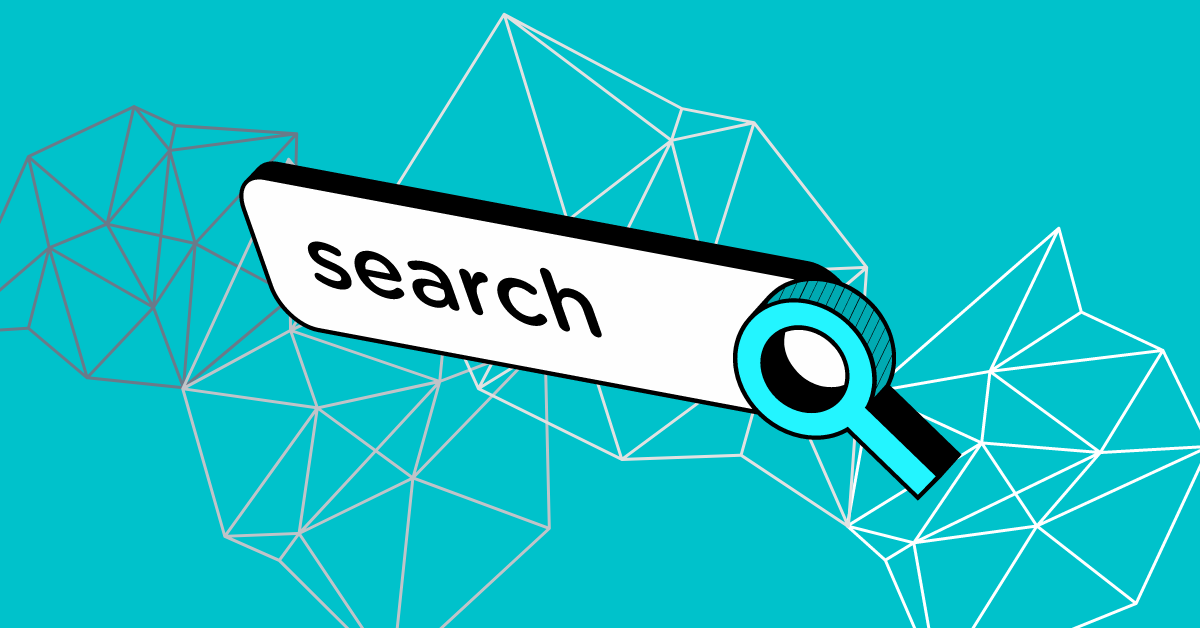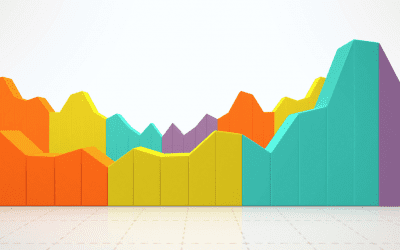As digital experiences have become more interconnected, what used to be separate spheres increasingly overlap.
Building an online brand requires optimizing for all search, not just the engines.
Traditional SEO vs. 2022 Social Search Optimization
The first thing that pops into every person’s head when they hear “SEO” is Google. And Google still dominates the online search market. It’s the largest search engine in the world. By far.
But you might be surprised to learn that YouTube and Amazon round out the top three.
We don’t always think of them as search engines, but they are. Well, every social media platform out there is also a search engine.
In the past, SEO experts focused on optimizing a specific website for the typical search engines: Google, Bing, Yahoo, etc. Now we have people turning to TikTok, Instagram, and Facebook to discover and learn about new products. I know for myself, I turn to Twitter for breaking news more than traditional media outlets.
Traditional SEO is still important, but when it comes to growing a brand–getting more traffic, visibility, and sales – Google isn’t the only “search” that matters.
Social optimization is becoming ever more important to a successful search optimization strategy.
Search Optimization vs. Social Optimization
Make your content easy to find and share on social media. It’s not about having a presence on every platform alone. It’s understanding how your audience uses social and optimizing for referral traffic from social media sites–not just Google.
Is your website optimized for mobile? Does it display properly with social previews? If you don’t know, test it now. Try viewing your website URL in Instagram for example.
Create relevant content. Cover topics that help people. And share your own content on social media. Link to your website. Have a strong presence and find followers who would engage in your content.
Optimizing for Social Search
If you want content that gets consistent engagement–likes, retweets, shares–start thinking about how each piece of the puzzle (social media, content marketing, search optimization) fits together in a holistic, online brand building process.
Part of that process involves analytics. Look at the social analytics in your TikTok and Facebook accounts. What insights can you draw from the data? What kind of content gets the most views and highest engagements?
In a recent article in Search Engine Land on customer experience, Rick Reilly (SVP for Customer Experience at Material) wrote that when using analytics to prioritize your focus, “You can find opportunity areas by incorporating analytics across data sets.”
What data sets?
Content Marketing Institute argues that we should think of content marketing as a conversation. One half of that (the content) is speaking to your audience. The other half is listening.
It’s always important to gauge your audience’s reception to your content.
But how do you do that properly without drowning in data and metrics. Do you track engagement? How do you define that? Likes + shares + comments? Click-through + downloads + page views on your site?
Narrow down your measurement focus. You don’t need every piece of data, you need relevant data.
How do you go from measuring content performance to optimizing for Social Search?
Measure performance against your bottom line. You want to be using tools that turn engagement, page-views, etc. into sales and revenue. That will help you filter through the data you collect and target what really matters: ROI.
As with anything in marketing: test, test, test. Try out new things with your content. Use social media to gauge its success. Keep trying new things and keep checking those metrics.
If content performs well on social platforms – and generates more revenue – it will be more easily findable via social search.
As long as you don’t throw the baby out with the bathwater and neglect Google, the content on your website will be optimized for search, full stop. All search, including Google and Twitter and Instagram.
Both, and
When it comes to thinking holistically about building your online brand in 2022, you need a “both, and” approach.
Both optimizing for Google Search, and optimizing your content for discoverability on social media platforms. Put those together and you’ve got search optimization. And you’ll see your ROI increase.




